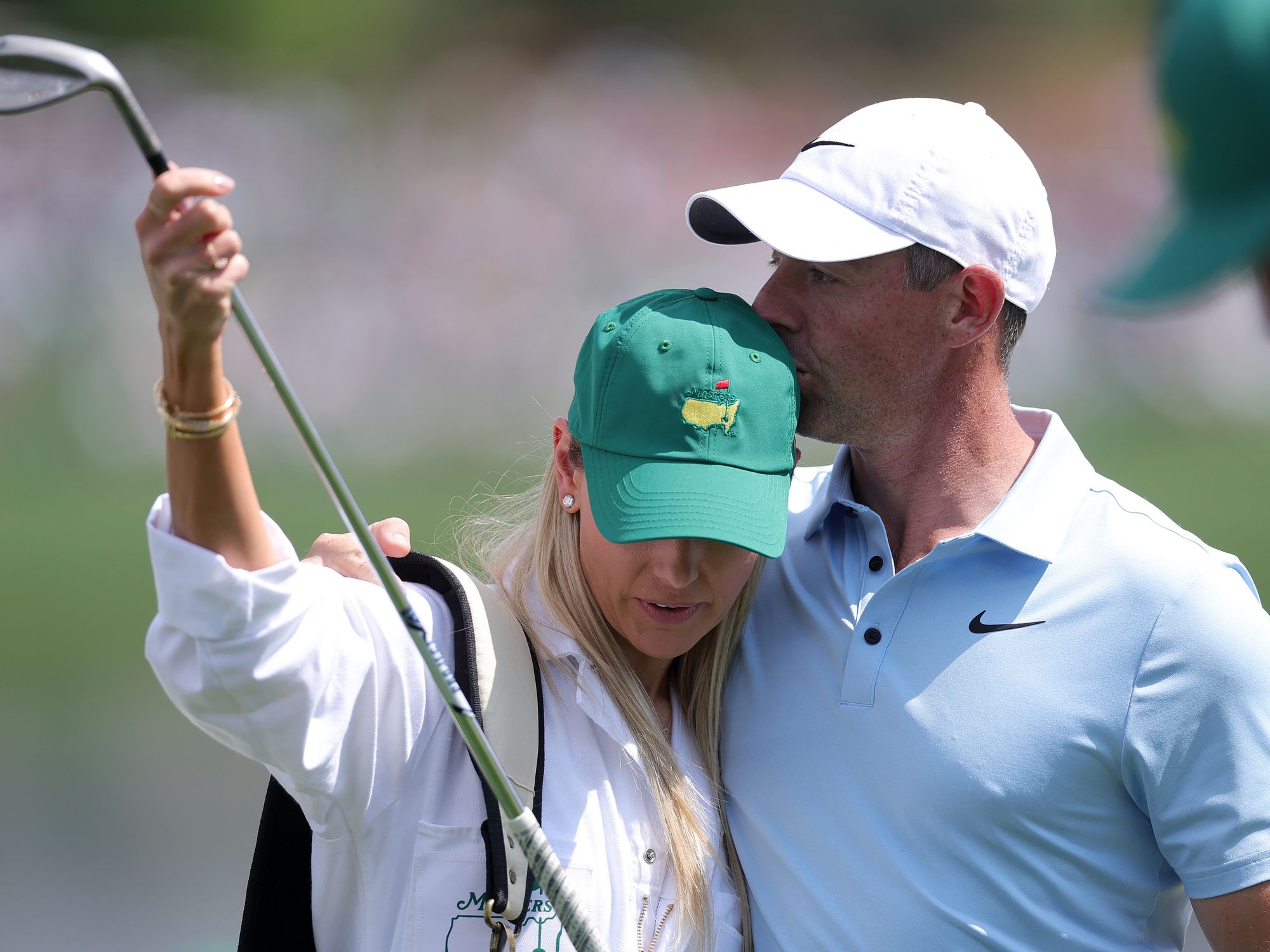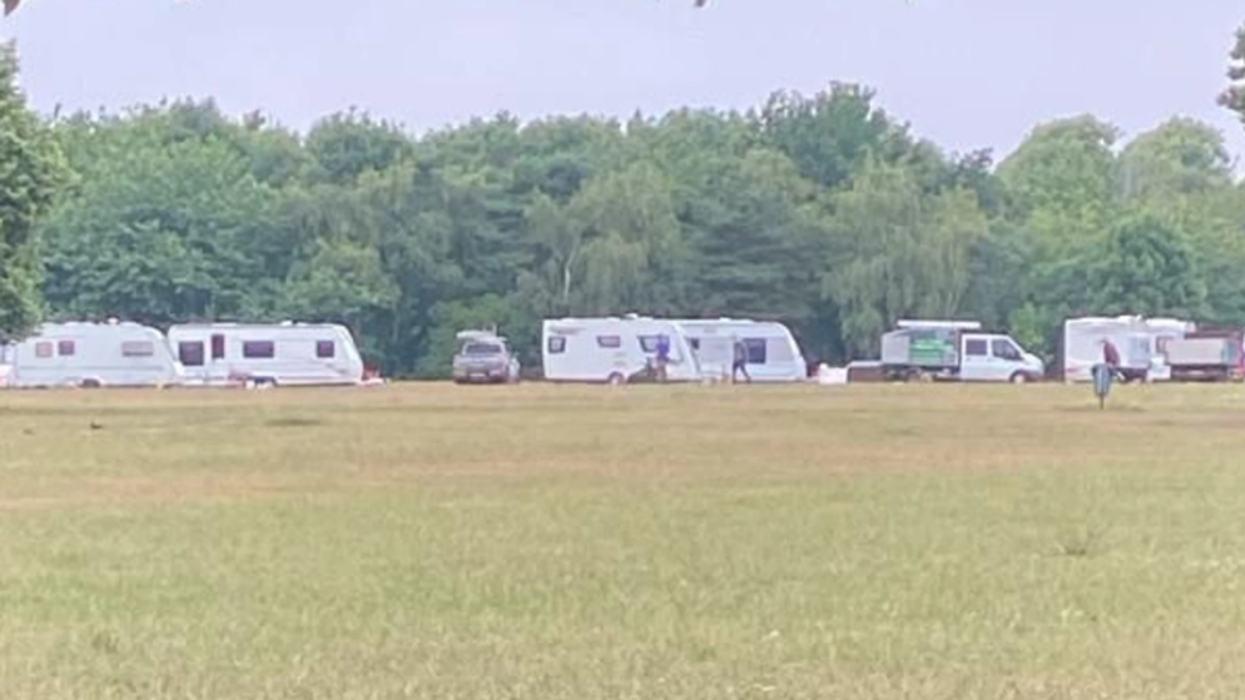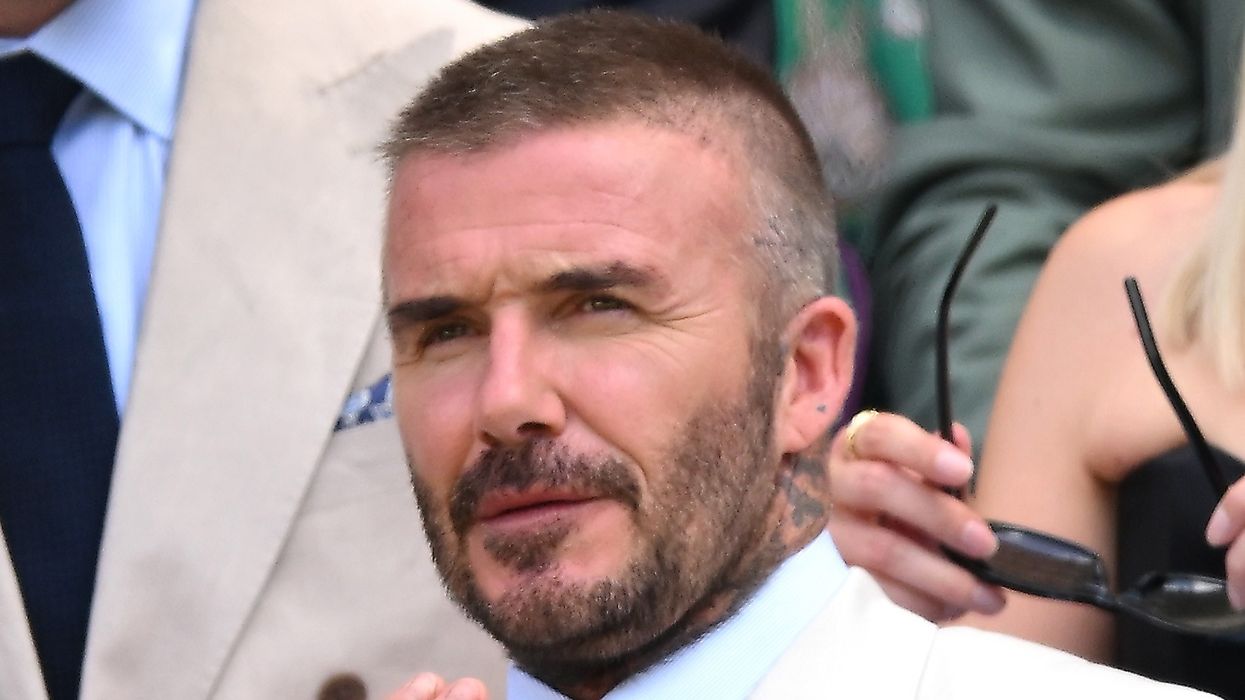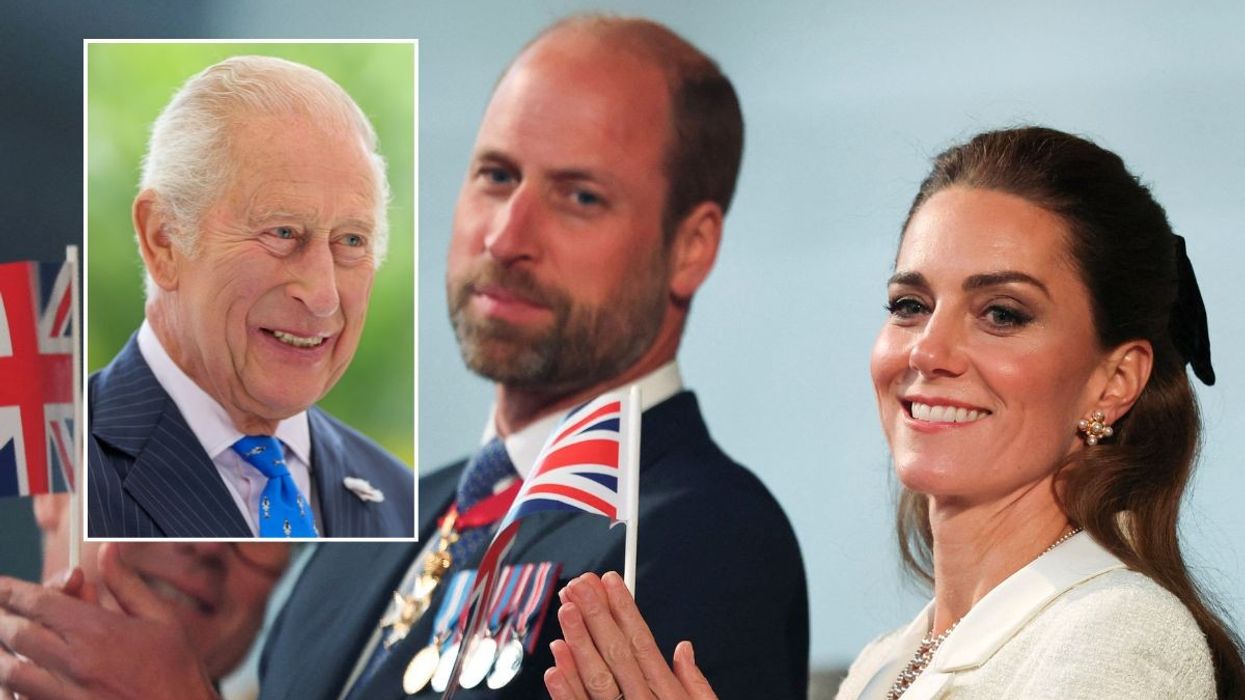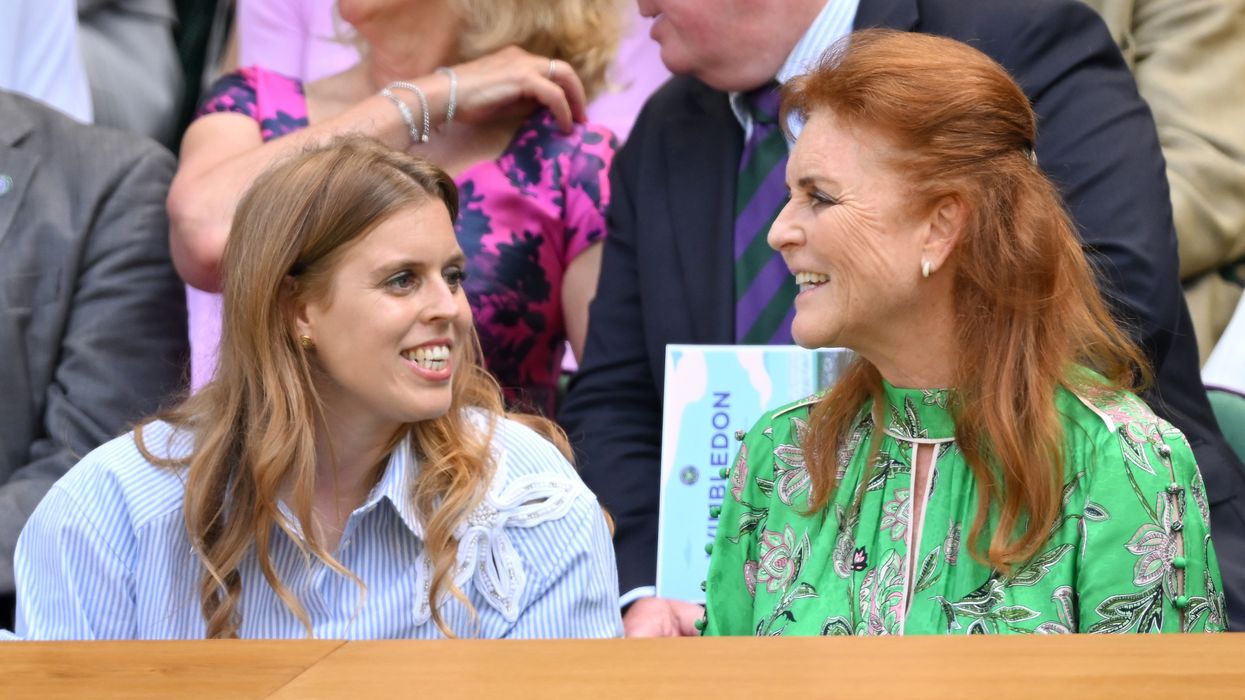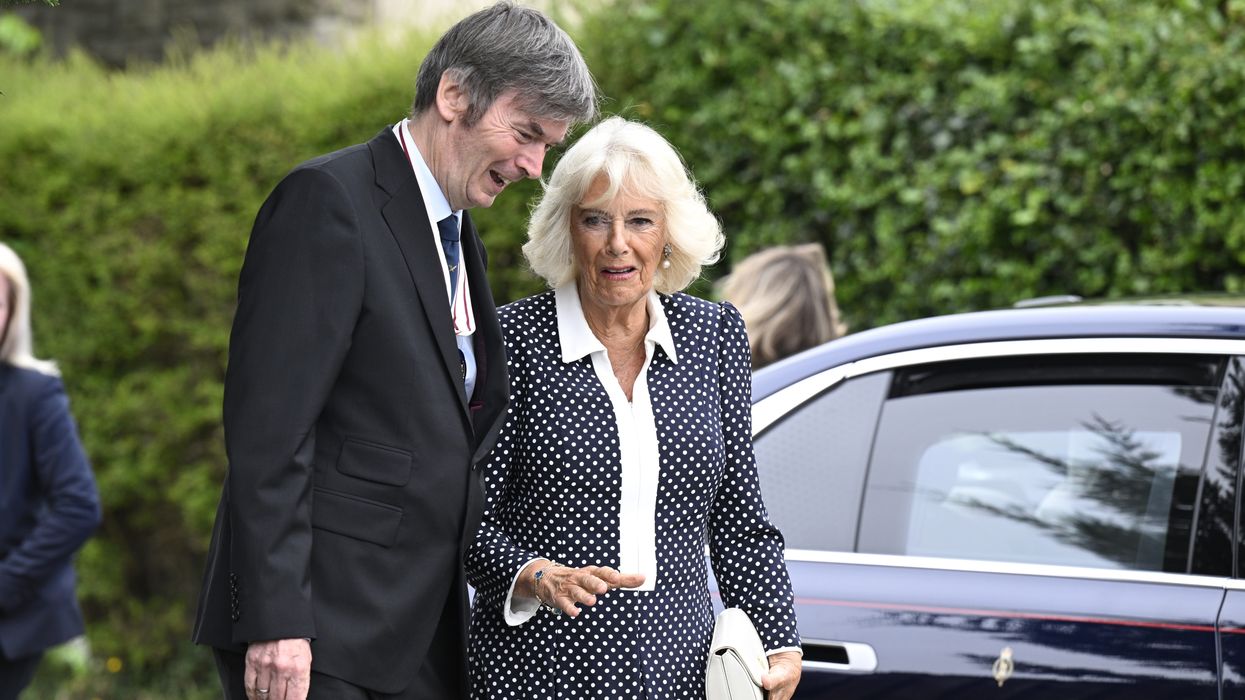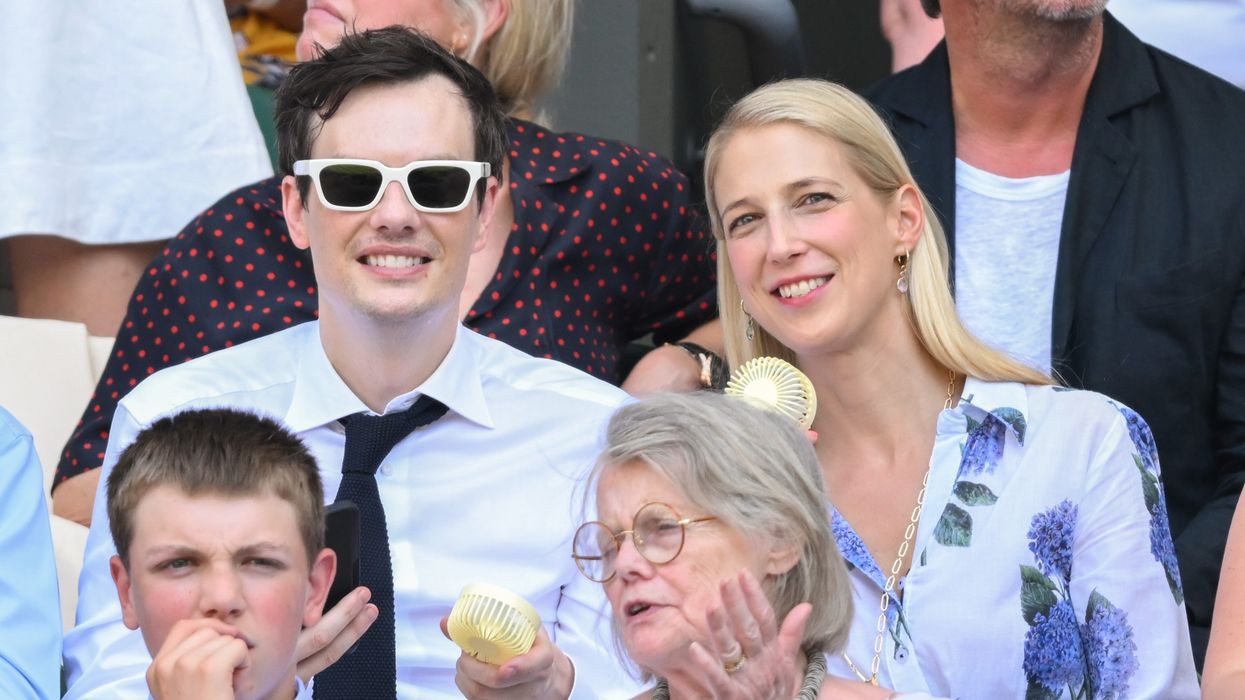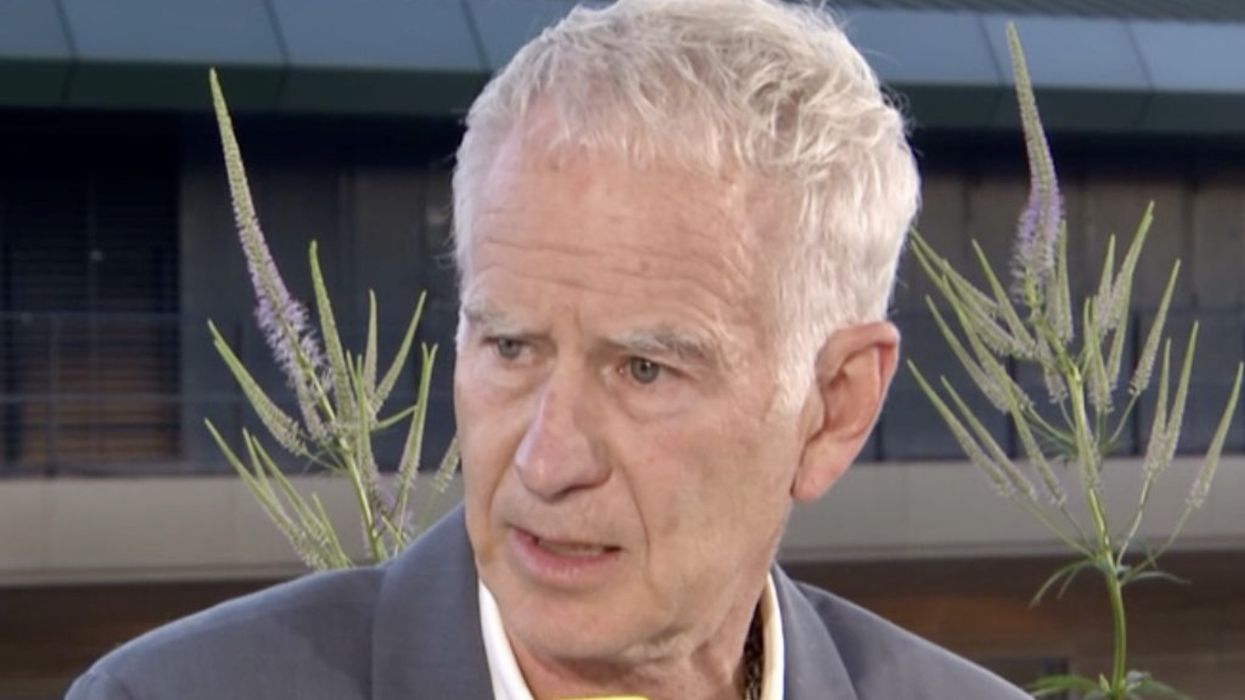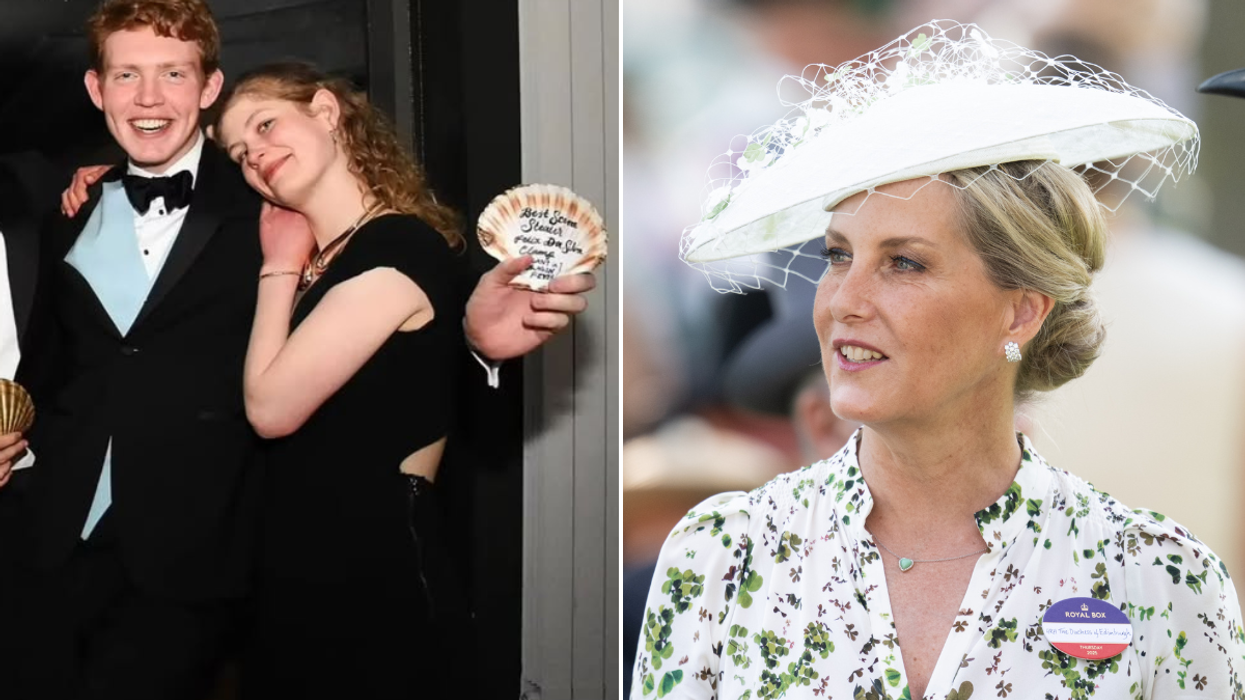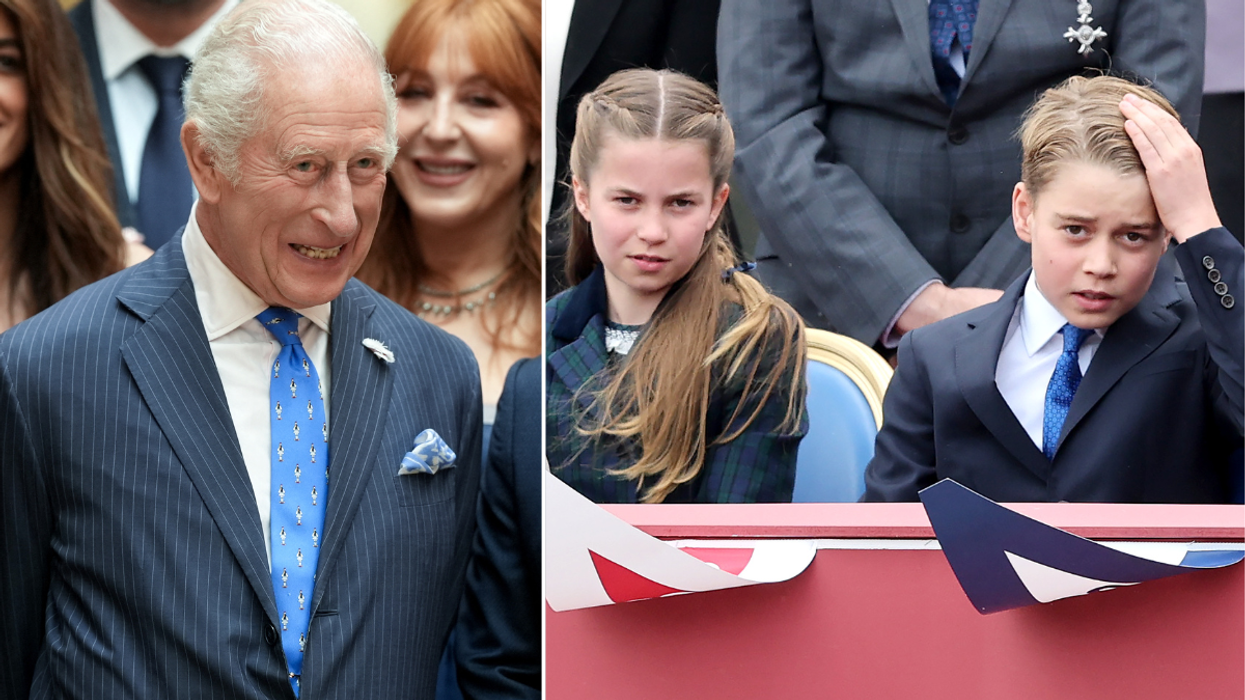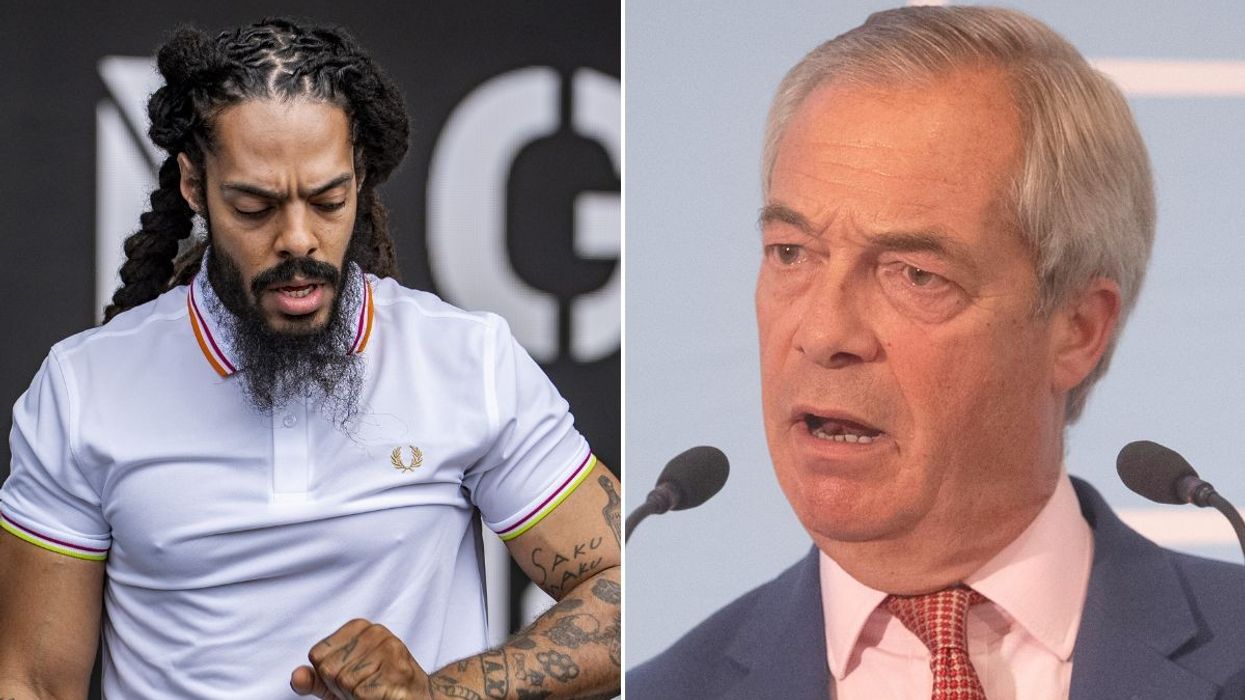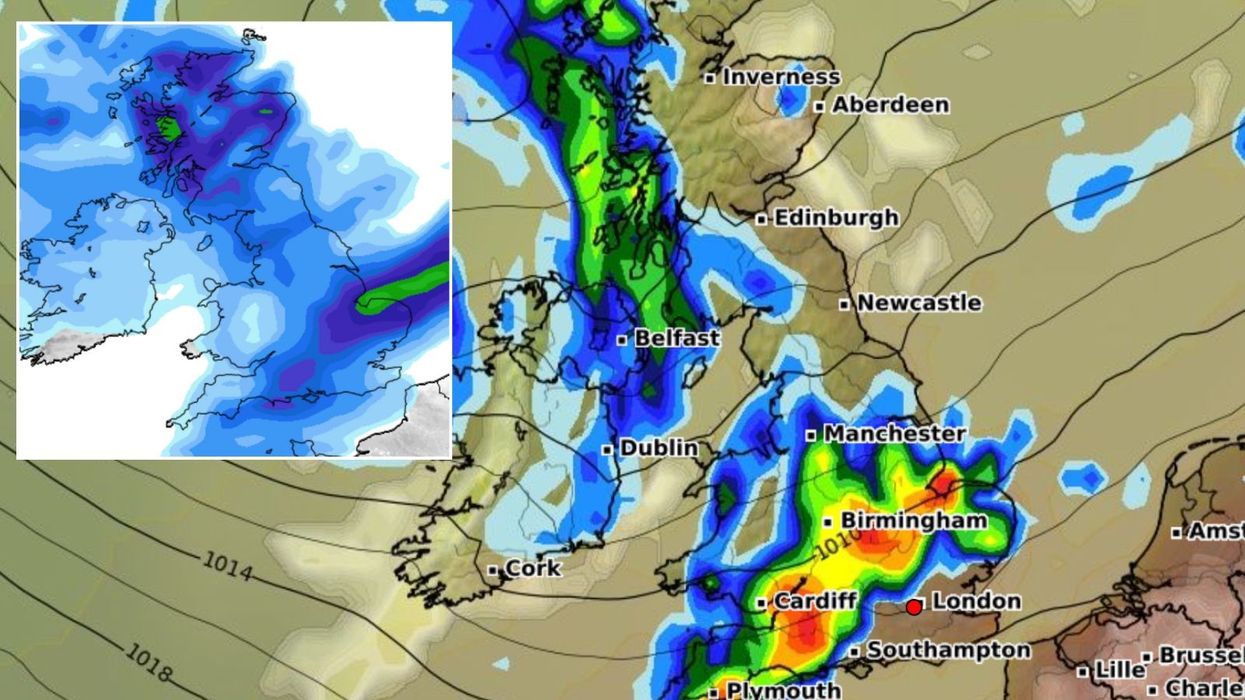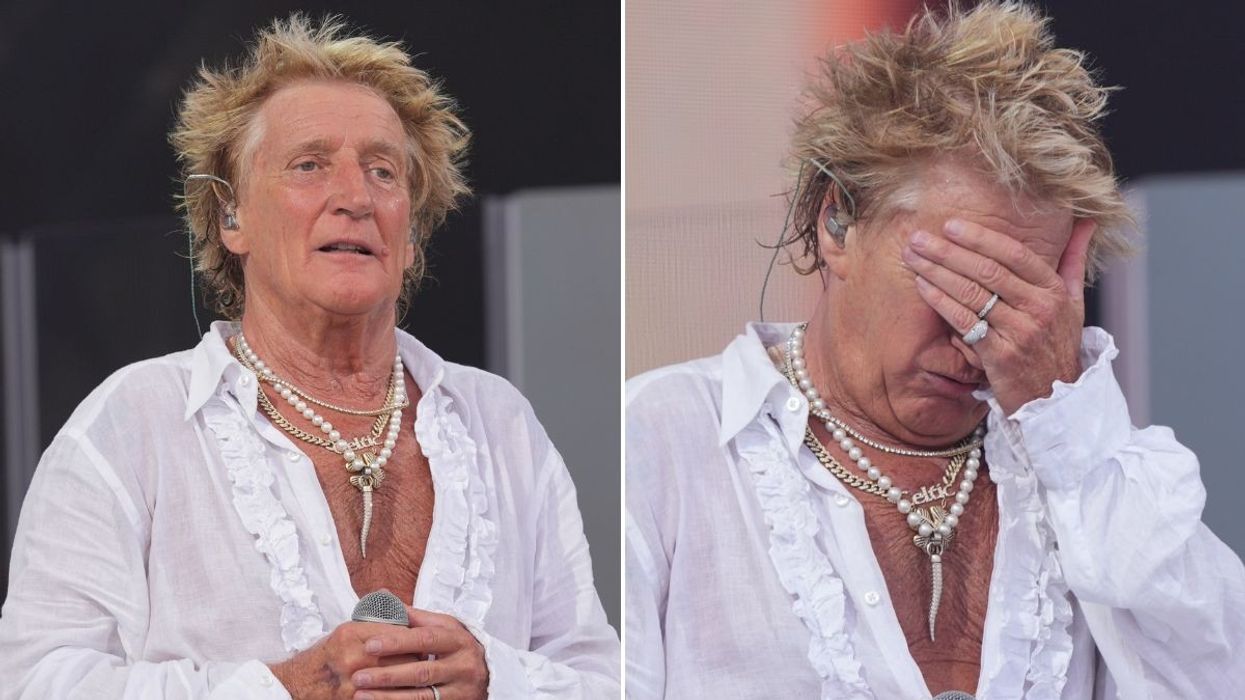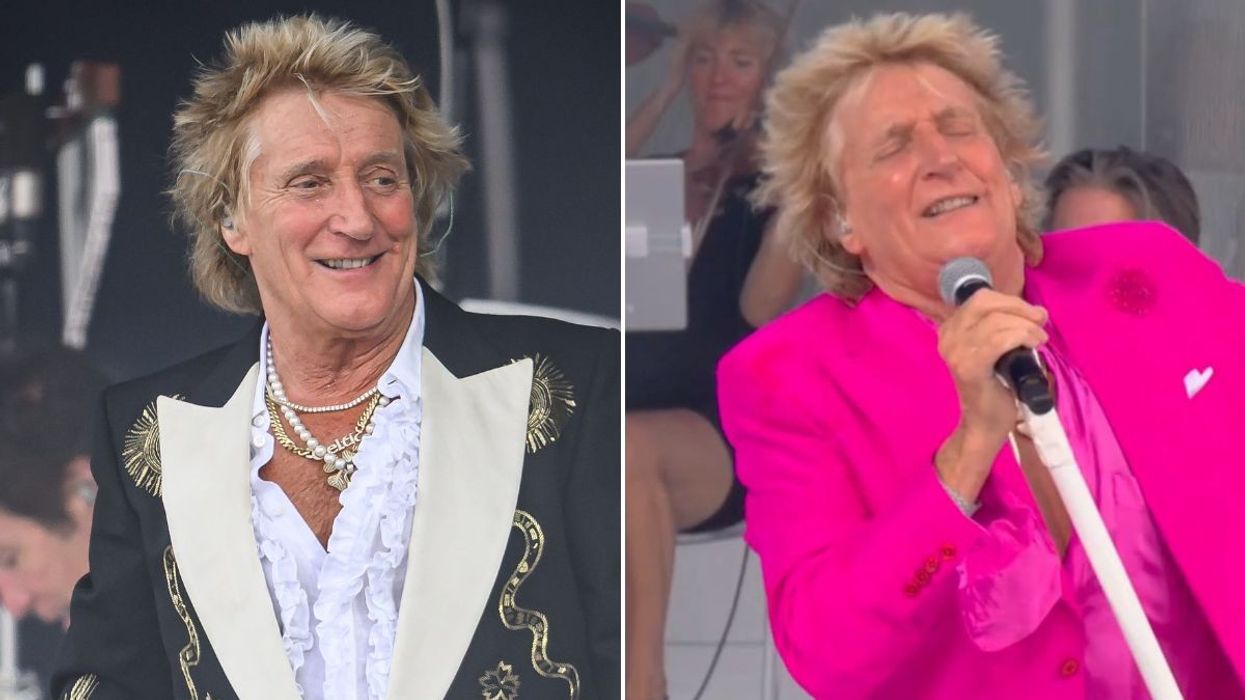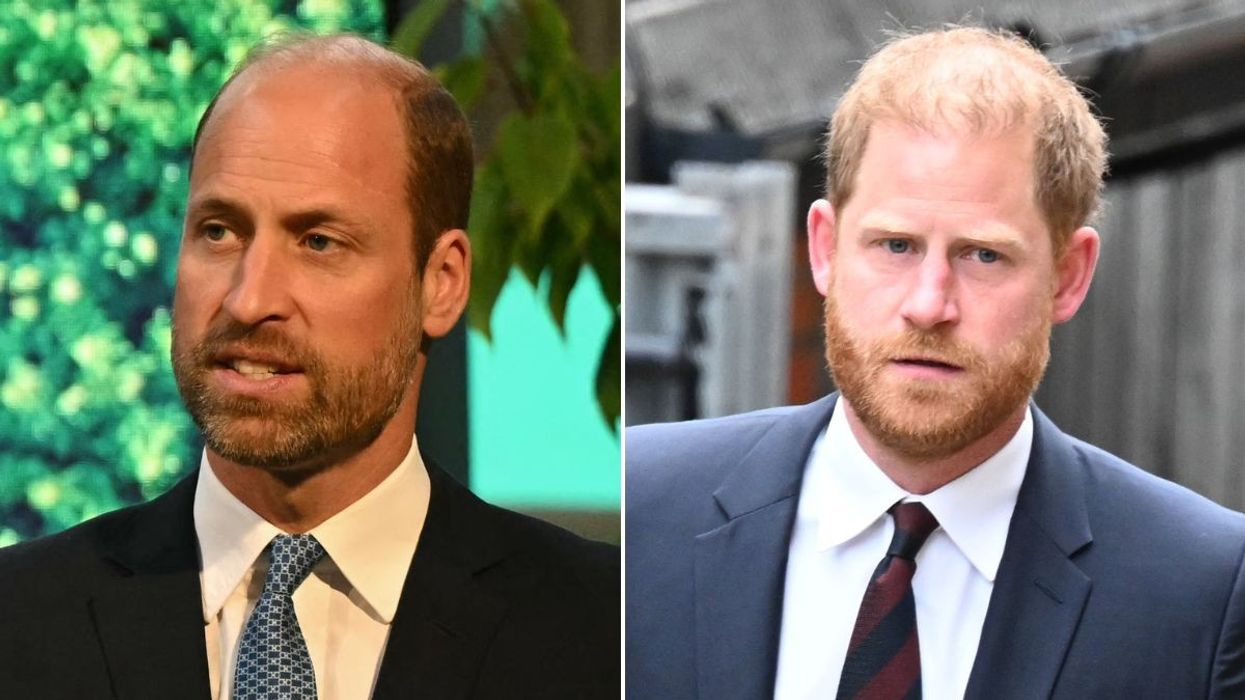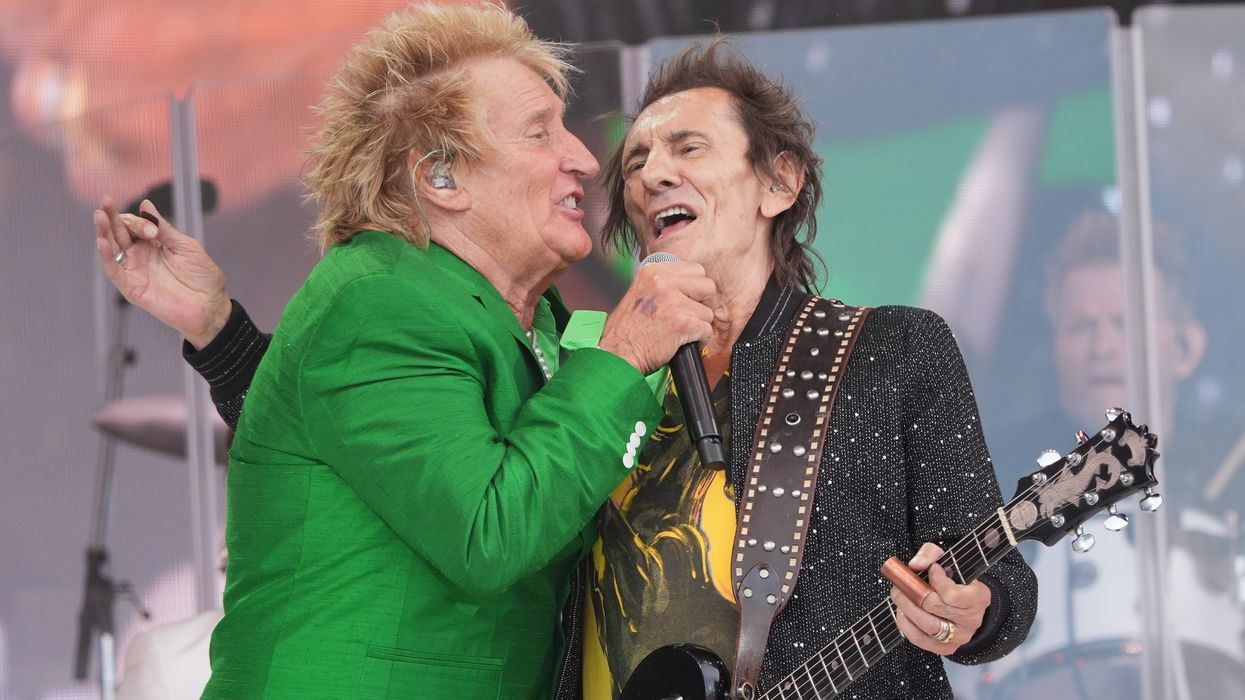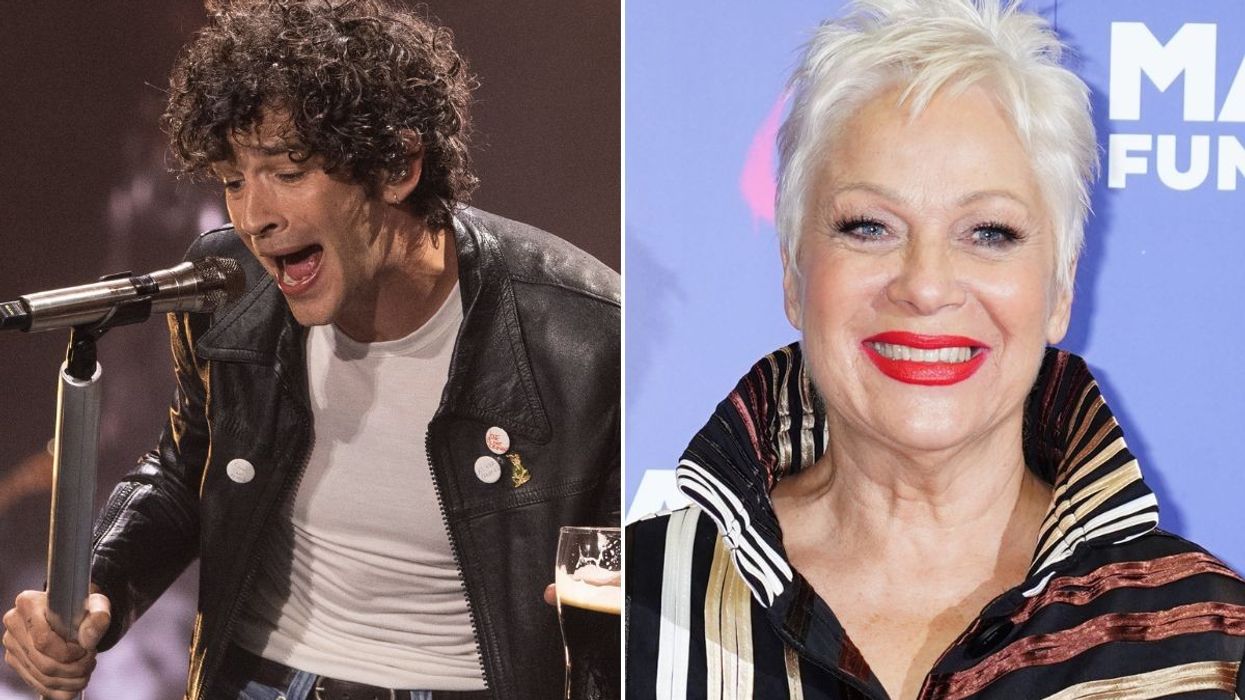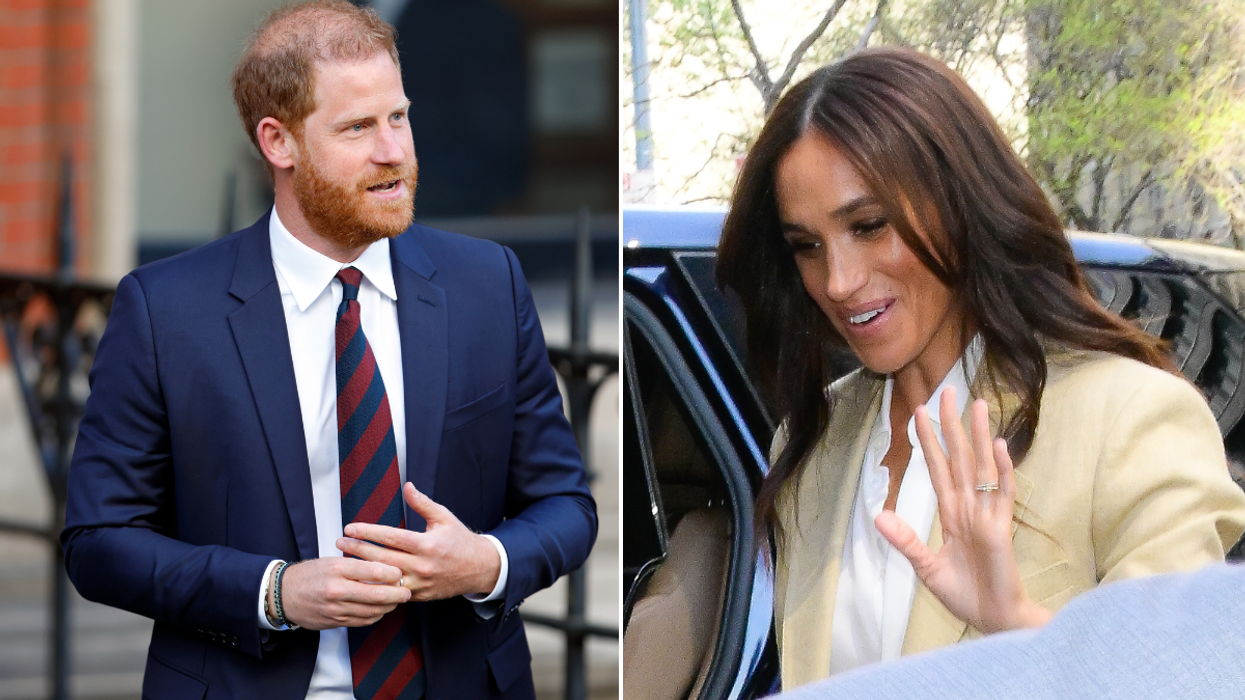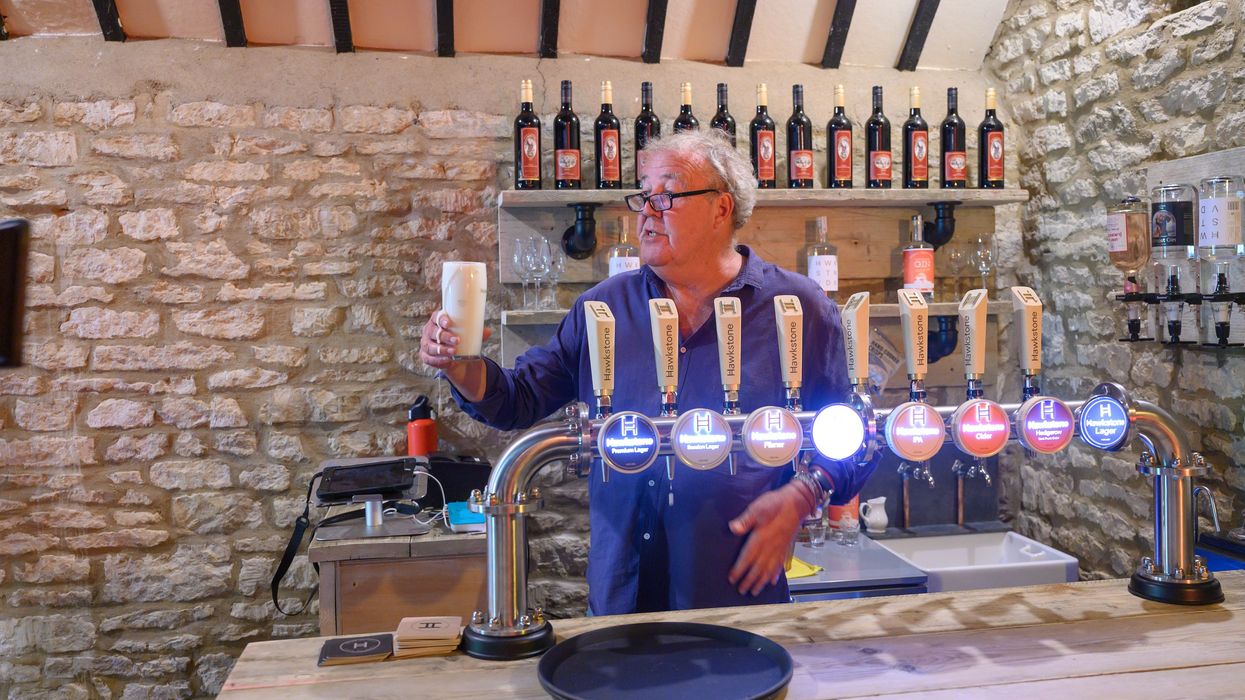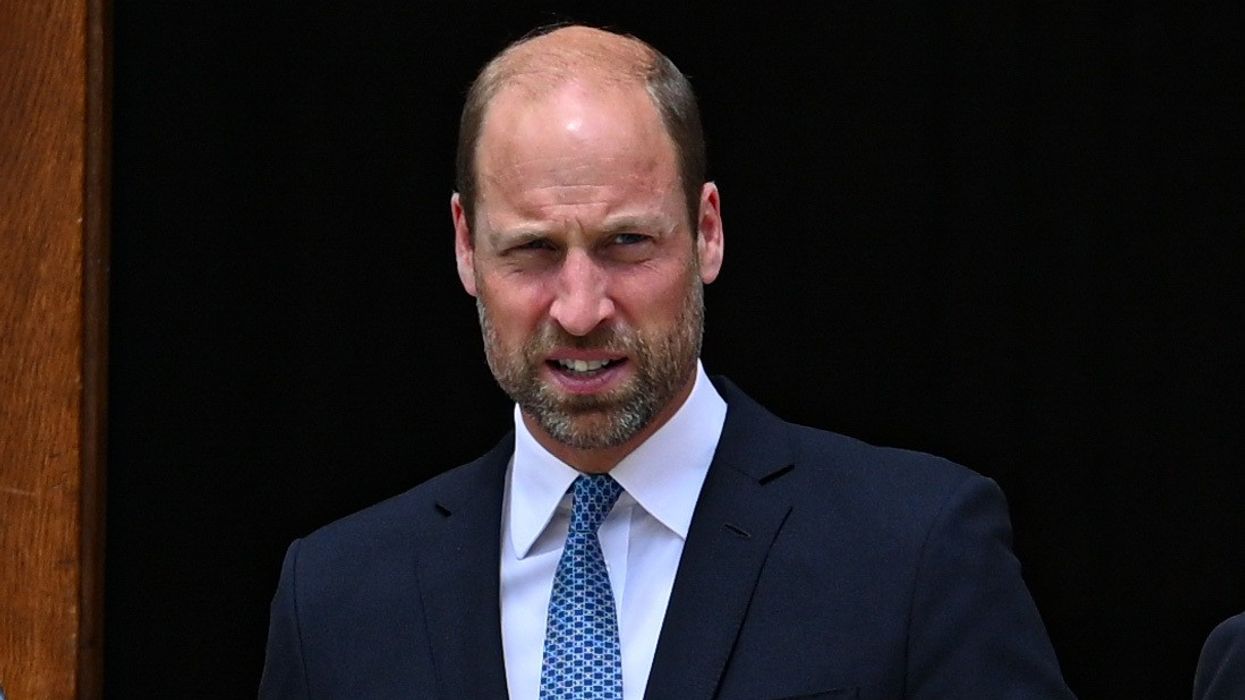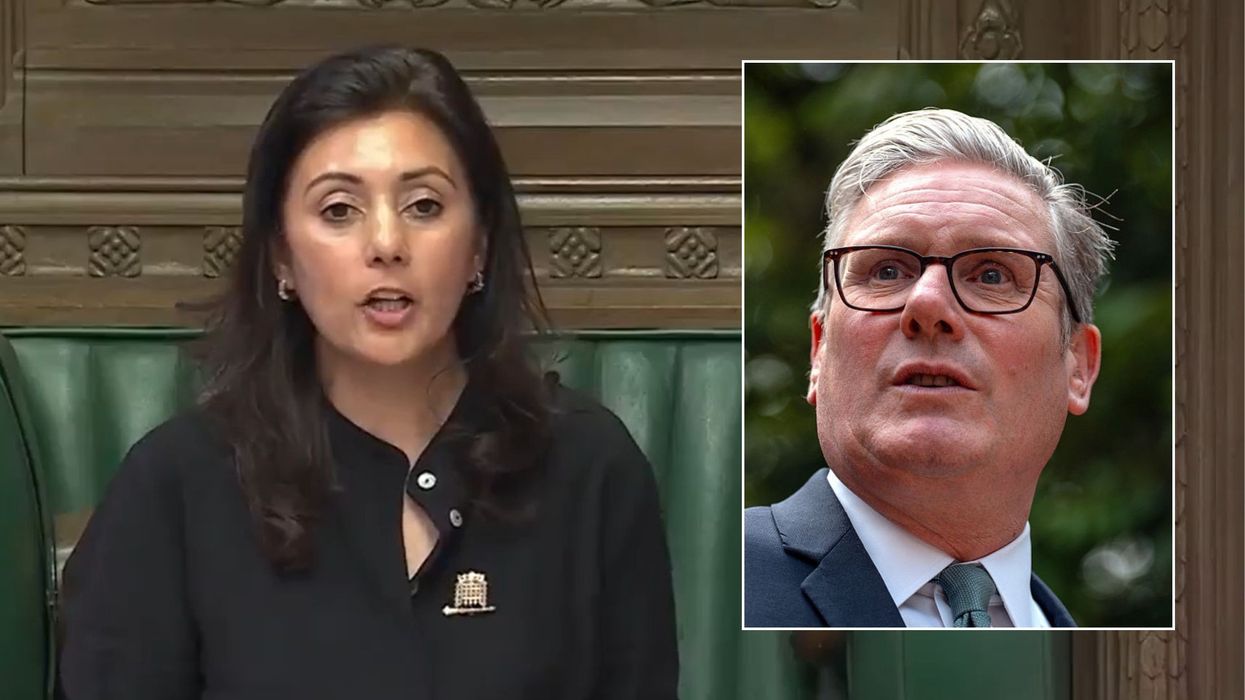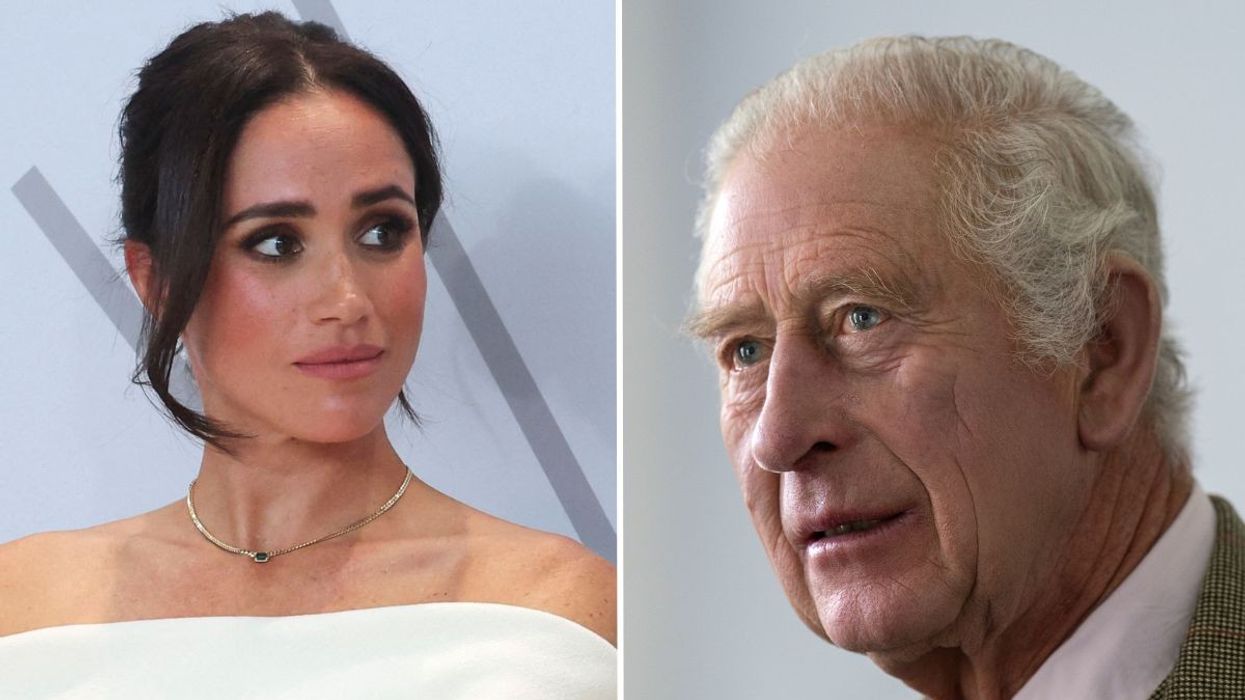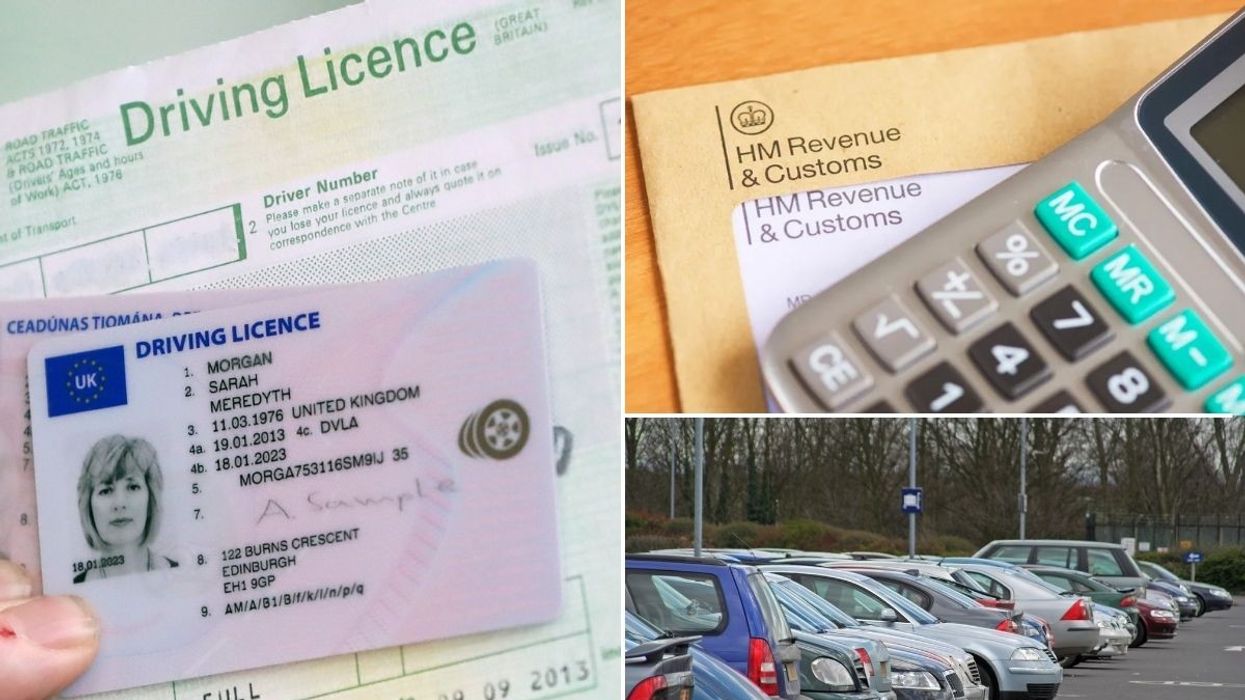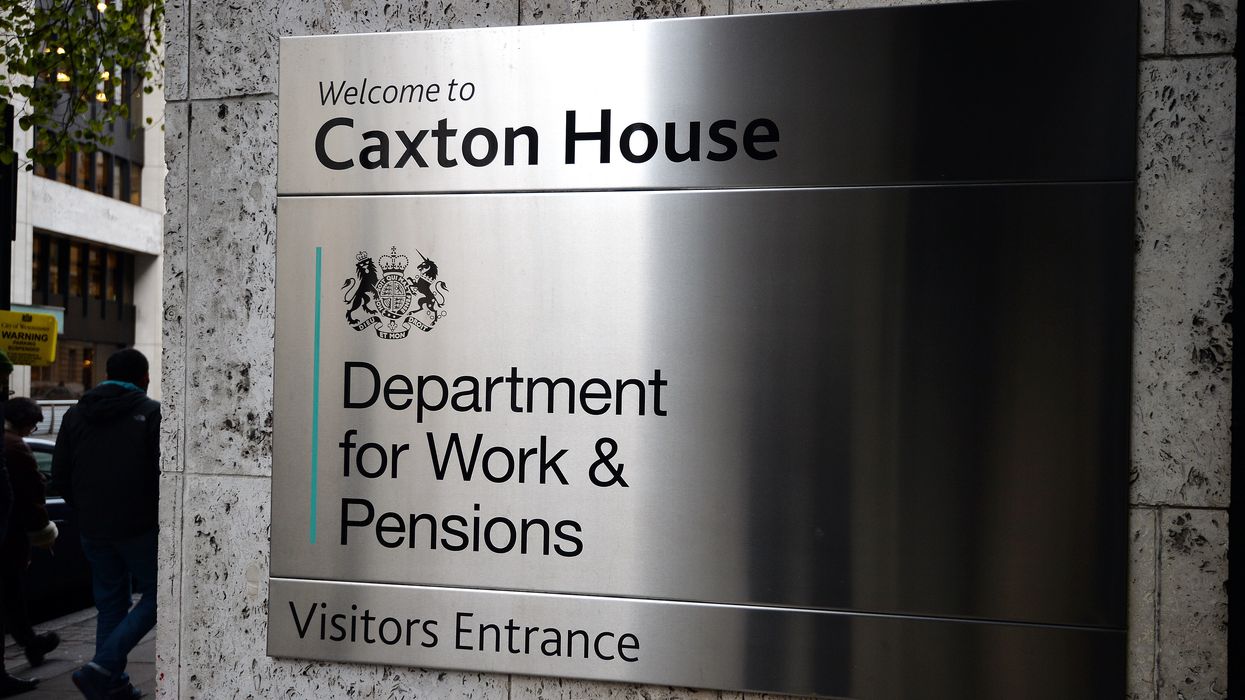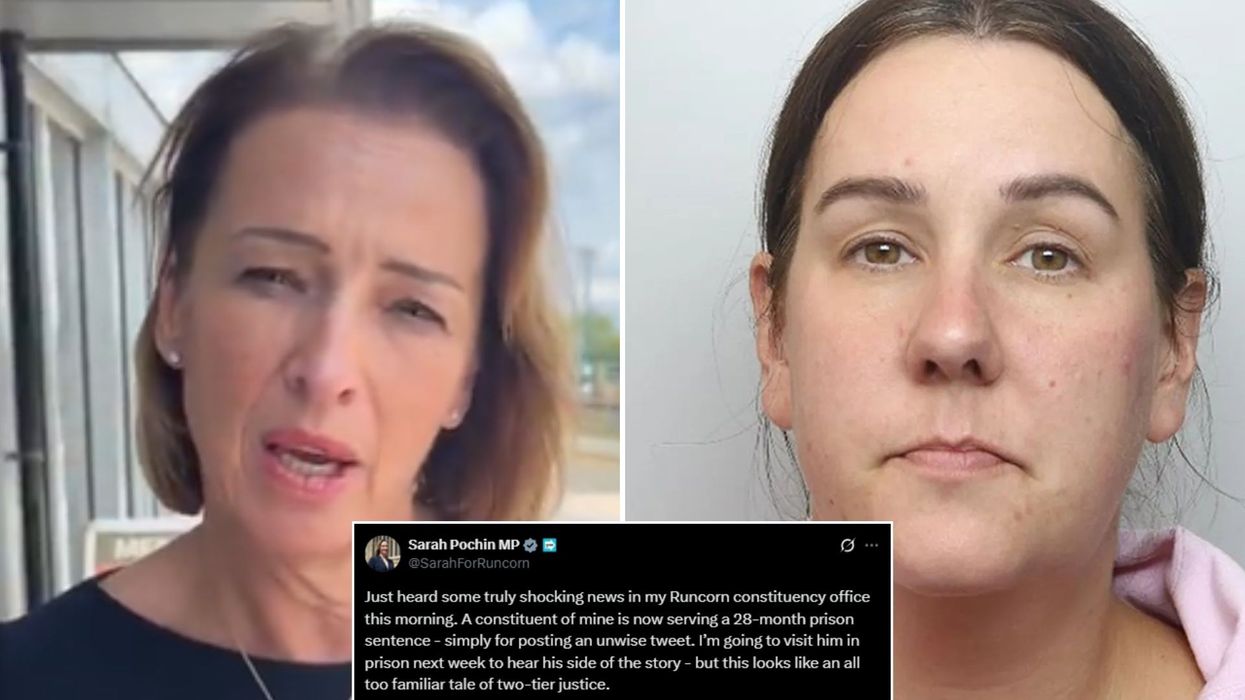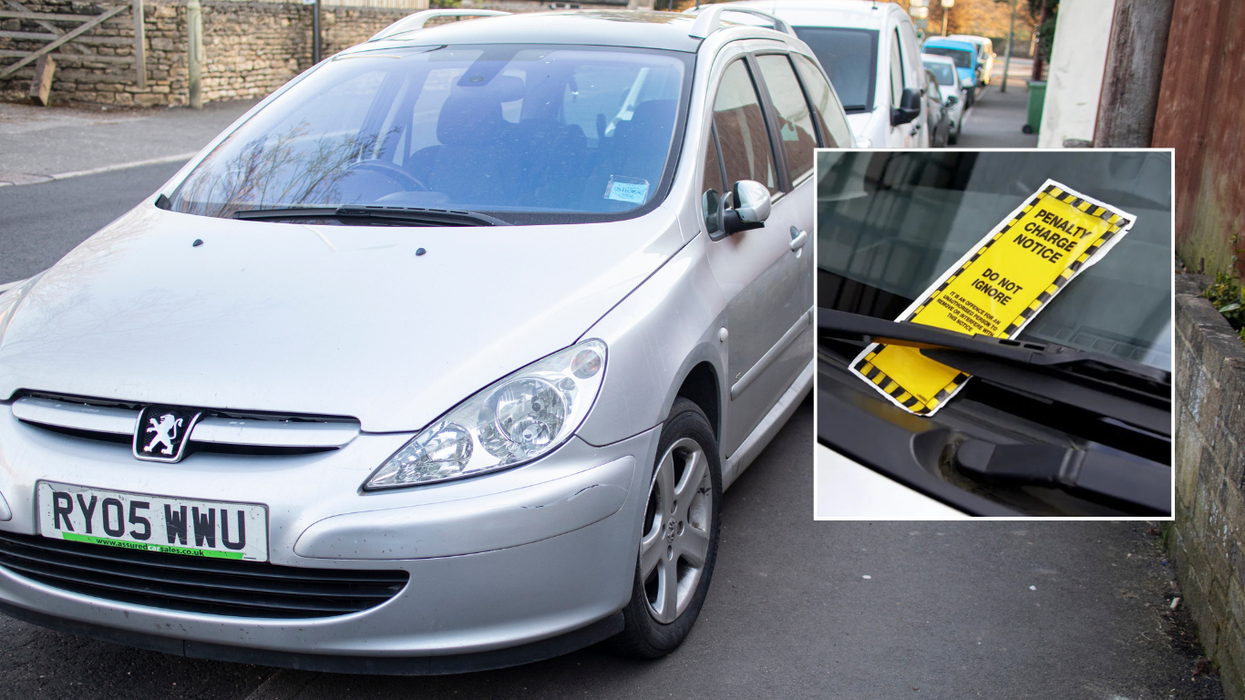Rachel Reeves defends Inheritance tax rise
GB NEWS
Jasmine Birtles explains inheritance tax rules in this week's pensions and retirement Q&A
Don't Miss
Most Read
Jasmine Birtles is here to clear up the confusion in our Pensions and Retirement Q&A, exclusively for GB News members. You can email your question to money@gbnews.uk.
Question: "I am about to inherit £250,000. I want to buy a house for my son who is in rented accommodation and put an extension on my house for future possible needs
"Do I have to pay any tax, before I spend the money?"
Jasmine replies:The threshold for paying inheritance tax is £325,000. In other words, the estate you are inheriting – once you add up all the assets of the person who has passed on – has to be over £325,000 before you start paying the 40 per cent inheritance tax (IHT) that is due.
So as a quick answer to your question I can say no, happily you won’t have to pay any inheritance tax on the amount you are going to get.
 Jasmine Birtles answers questions from GB News members in the exclusive pensions and retirement Q&A JASMINE BIRTLES | GETTY
Jasmine Birtles answers questions from GB News members in the exclusive pensions and retirement Q&A JASMINE BIRTLES | GETTYI checked with accountants Menzies to see if there might be any unforeseen payments you would have to make. Amy Gage, Senior Manager within the Private Client Tax team at Menzies LLP told me the following:
“Inheritance Tax (IHT) can be considered a levy on the value of an estate passed down through death to a beneficiary.
"The amount of IHT due will depend on what assets the estate consists of, who the beneficiaries are, and the total value of the estate. There are a number of reliefs which may be available to reduce the value of the estate subject to IHT at 40 per cent.
“If a residence is passed to direct descendants, the Residential Nil Rate Band (RNRB) can apply which is up to £175,000. However, the RNRB starts to be tapered where the estate exceeds £2million. For married couples/civil partnerships, on first death any unused NRB and/or RNRB can be transferred to the surviving spouse/civil partner.
“There are also reliefs available for owners of businesses and farms. Where the estate comprises assets which are eligible for Business Relief (BR) or Agricultural property Relief (APR) these currently attract up to 100 per cent relief.
"However, following the Budget, a new £1million allowance for BR and APR assets will apply from 6 April 2026. Business or agricultural property above the £1m allowance will be subject to 50 per cent relief in the estate.
“Once the assets and liabilities of the deceased have been identified and the correct reliefs applied, funds from the estate are used to pay IHT to HM Revenue and Customs (HMRC), through the actions of a named executor of the estate. Following this, and once the Grant of Probate has been finalised, assets can be distributed to the beneficiaries.
“In the case of an estate split between multiple parties, the net proceeds of the estate (after paying any IHT) will be divided as per the agreed split in the deceased's Will. If the total value of the estate is under the available NRB or RNRB, no IHT will be due.
“It is worth noting too that a person's pension will also be paid to their beneficiaries, and will be subject to income tax at each beneficiary’s marginal rate, unless the deceased passed before the age of 75. In this case income tax does not apply.
"Currently, the pension of the deceased is not subject to IHT in their estate. This will change from 6 April 2027 however, meaning that the IHT threshold will be reached by more people going forward."
MORE FROM GBN MEMBERSHIP:
“A similar point of confusion in terms of inherited assets often lies in the form of assets gifted during lifetime (Potentially Exempt Transfers “PET”s). If a gift is made during a person’s lifetime, including money, property or assets to an individual, it is exempt from IHT if the donor survives for more than seven years after making the gift, and it is excluded from their estate.
"If the donor passes away within this seven-year period however, IHT may apply. The rate of IHT is reduced if death occurs between three and seven years after the gift.
“If the total value of the estate is under the available NRB and RNRB, and the £250,000 is either a share of this, or even the entirety of the estate, then no IHT would need to be paid.
"If these funds are used to purchase property, whilst IHT would not apply, Stamp Duty Land Tax would apply, as usual, if the property exceeds the threshold, currently £250,000.”
You can also find out more about the IHT rules on the government’s website.
Jasmine Birtles is a personal finance expert, TV and radio presenter and author of 38 books. Her website, MoneyMagpie.com, covers all aspects of personal finance from money-saving and money-making ideas to investment and pensions information. She is a keynote speaker at conferences around the world.





